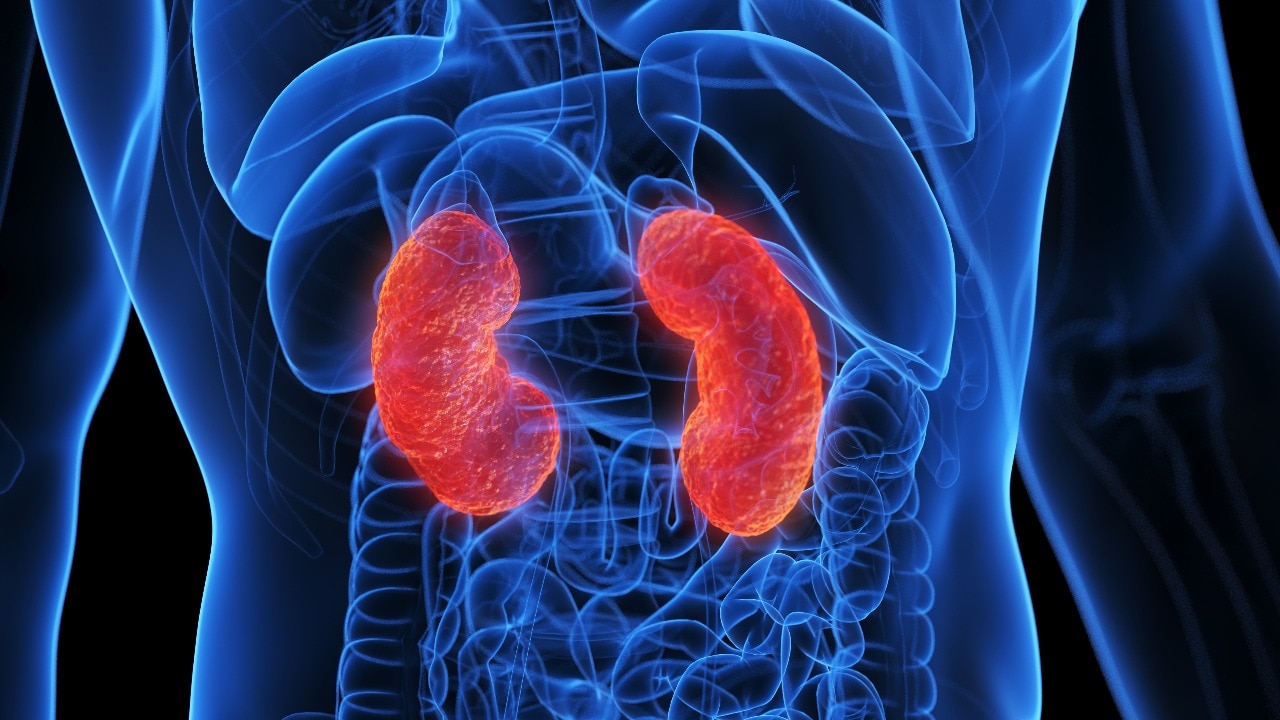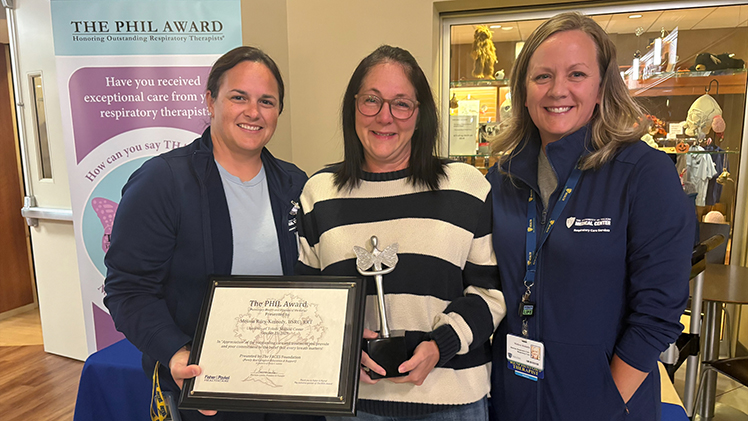Managing type 2 diabetes with and without medication

Managing diabetes can involve medications. However, there are also ways to help manage the condition without medication. These generally include lifestyle changes, such as diet and exercise.
Various lifestyle modifications can help people keep blood sugar (blood glucose) within a healthy range. These include maintaining a moderate weight, taking regular exercise, and following a balanced diet.
If dietary and lifestyle changes alone do not help maintain a healthy blood sugar level, healthcare professionals may advise a person to take medications.
This article examines how to manage type 2 diabetes without medication. It also looks at the causes of type 2 and when people may need medication to manage the condition.
A 2020 article reports that healthy lifestyle practices could benefit people with type 2 diabetes or risk factors for the condition. Such measures may delay or prevent its development, as well as manage or potentially put it into remission.
The following healthy lifestyle practices may help reduce blood sugar levels.
1. Pursue weight management
In people with overweight or obesity, significant weight loss
Two ways to manage weight are eating a healthy, balanced diet and exercising regularly. Individuals can speak with a healthcare professional or dietitian for advice on weight management to help type 2 diabetes.
Learn more about weight loss with type 2 diabetes.
2. Eat a healthy diet
A healthy and balanced diet consists of eating nutritious foods in appropriate portions while avoiding or limiting non-nutritious foods.
The American Diabetes Association (ADA) states that no matter what cuisine a person prefers, eating healthy has certain foods in common. These foods include:
- lean meats or plant-based proteins
- fruits and vegetables
- fewer processed foods
- fewer foods with added sugar
The ADA also suggests using the diabetes plate method. This involves filling a 9-inch plate in a specific way to help manage portion sizes. The plate method involves filling:
- half the plate with nonstarchy vegetables
- a quarter of the plate with protein
- a quarter of the plate with carbohydrates
A 2020 review notes that the Mediterranean diet can also be an effective eating plan for people with type 2 diabetes.
Learn more about what to eat with diabetes.
3. Get regular exercise
Exercise promotes blood sugar management and burns calories, contributing to weight loss. Physical activity also increases insulin sensitivity, which helps blood sugar enter the cells from the bloodstream.
The
The CDC recommends 75 minutes of vigorous exercise, such as running or jogging, each week as an alternative. It also advises adding muscle-strengthening activities at least 2 days a week.
4. Stop smoking
Healthcare professionals advise people to stop smoking to help manage type 2 diabetes. According to the American Heart Association (AHA), people who smoke have a
Smoking also raises blood sugar temporarily, which poses an additional challenge in maintaining blood sugar levels. This increases the likelihood of a person developing complications of diabetes, such as kidney disease and nerve damage.
Learn more about how smoking affects diabetes.
5. Manage stress
Research from 2019 suggests that although stress does not cause type 2 diabetes, it can worsen it. Stress stimulates the release of hormones that interfere with blood sugar regulation. It also makes a person more likely to engage in practices that make it more difficult to manage blood sugar, such as eating in excess and smoking.
Some ways to reduce stress
Learn more stress reduction strategies.
A person
A healthcare professional’s recommendation for medication to help manage type 2 diabetes may depend partly on the individual’s age when they receive a diagnosis. While many older adults with the condition have slightly higher blood sugar levels, this rarely causes issues.
However, healthcare professionals may prescribe medications to people who receive a diagnosis by the age of 40 or 50 years. Even slightly elevated blood sugar levels can eventually lead to health problems, such as damage to nerves or blood vessels. Such damage may result in complications, such as kidney disease. The purpose of medications is to delay or prevent the harmful effects of diabetes.
Learn more about medications for diabetes.
According to the ADA, type 2 diabetes is progressive, making it more difficult to manage over time. Improvements in medical care enable people with the condition to live longer. However, despite the advancements, type 2 diabetes may reduce life expectancy.
The effects of lifestyle practices alone on type 2 diabetes have not undergone extensive research, limiting statistics on the results of such interventions. However, a
Researchers cannot quantify the exact improvement that each healthy lifestyle practice may bring at this point. However, the outlook for people with type 2 diabetes who make recommended lifestyle changes is better than those who do not.
Learn about therapies and lifestyle changes for diabetes.
Type 2 diabetes is a condition that involves high blood sugar, also known as blood glucose.
The pancreas makes insulin, a hormone that enables cells to take glucose from the bloodstream for energy. In type 2 diabetes, the cells
After some time, the pancreas cannot keep up, and blood sugar increases, which leads to prediabetes and type 2 diabetes.
Symptoms frequently develop over several years, including:
- tiredness
- increased thirst and urination
- blurry vision
- increased hunger
- slow healing of sores
- numbness or tingling in hands or feet
- weight loss without trying
- dry skin
- more infections than usual
Learn more about the symptoms of type 2 diabetes.
Experts advise people interested in learning how to manage type 2 diabetes without medications to adopt lifestyle changes such as a balanced diet, regular exercise, and quitting or avoiding smoking, if necessary.
Weight loss can also help manage blood sugar levels in some people.
Good nutrition is important for a person with type 2 diabetes. Some evidence suggests that a nutritious eating plan, such as the Mediterranean diet, may help manage blood sugar in ways other than weight loss.
A person can speak with a healthcare professional if they have questions about managing type 2 diabetes with or without medication.
link







